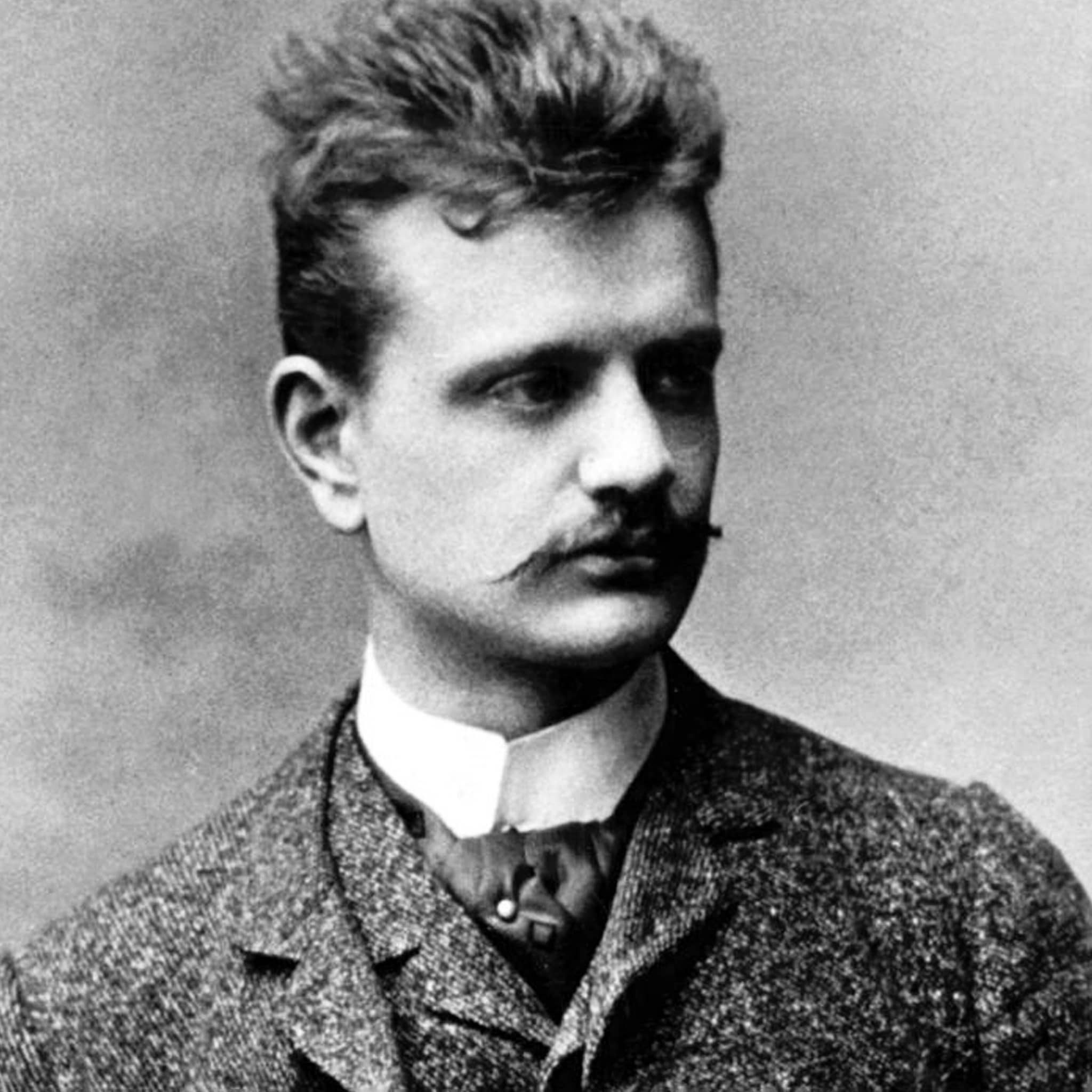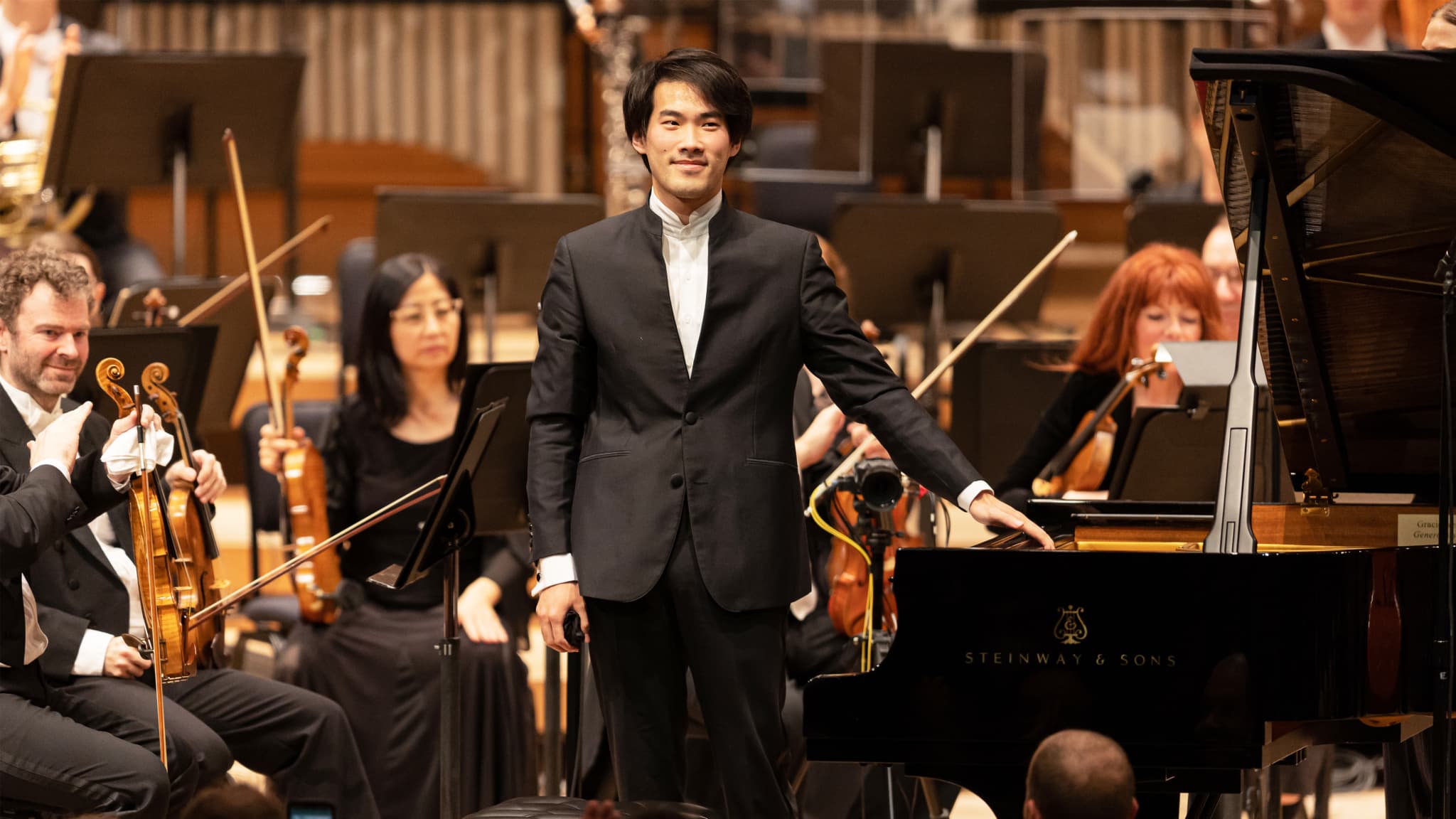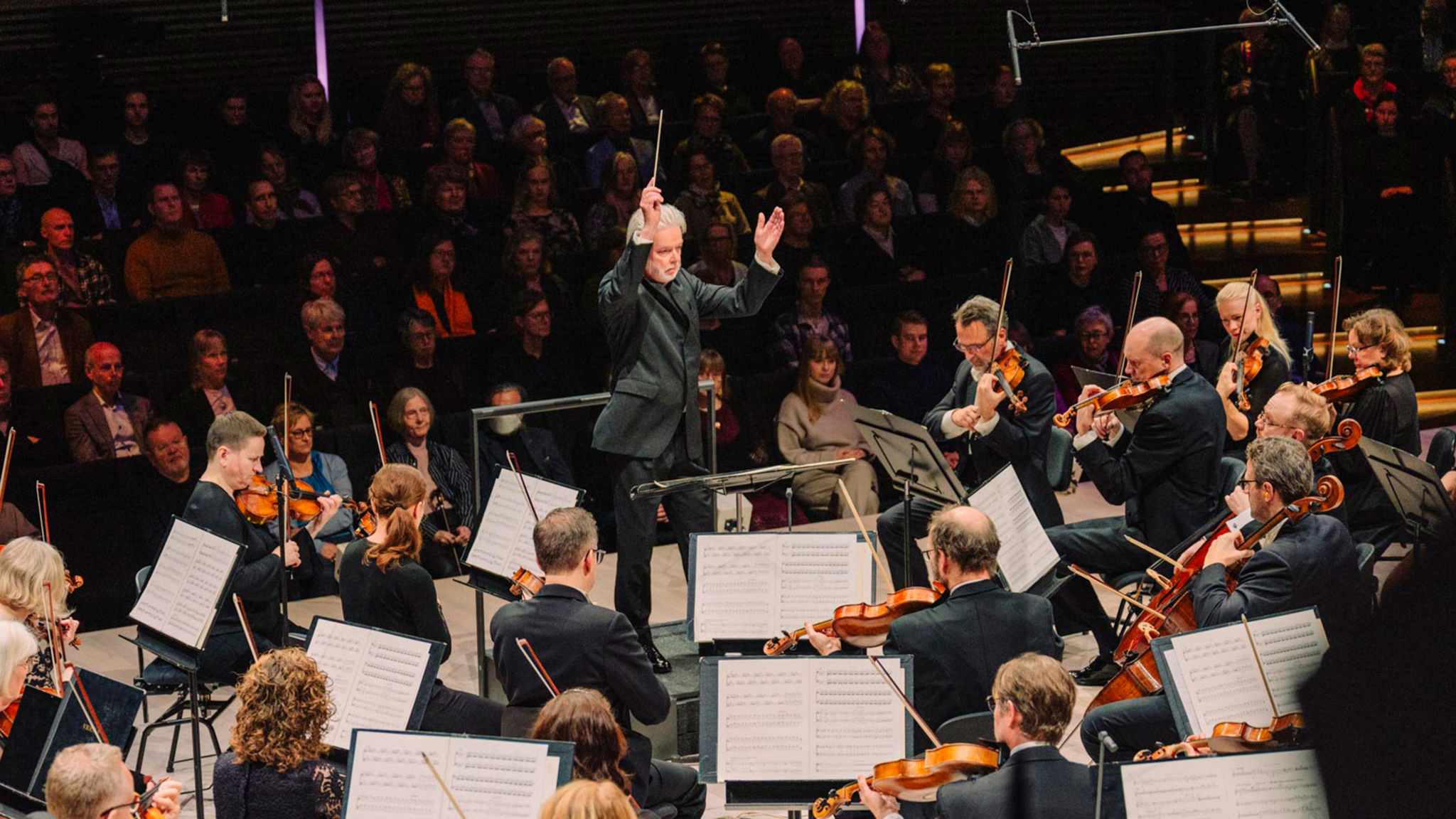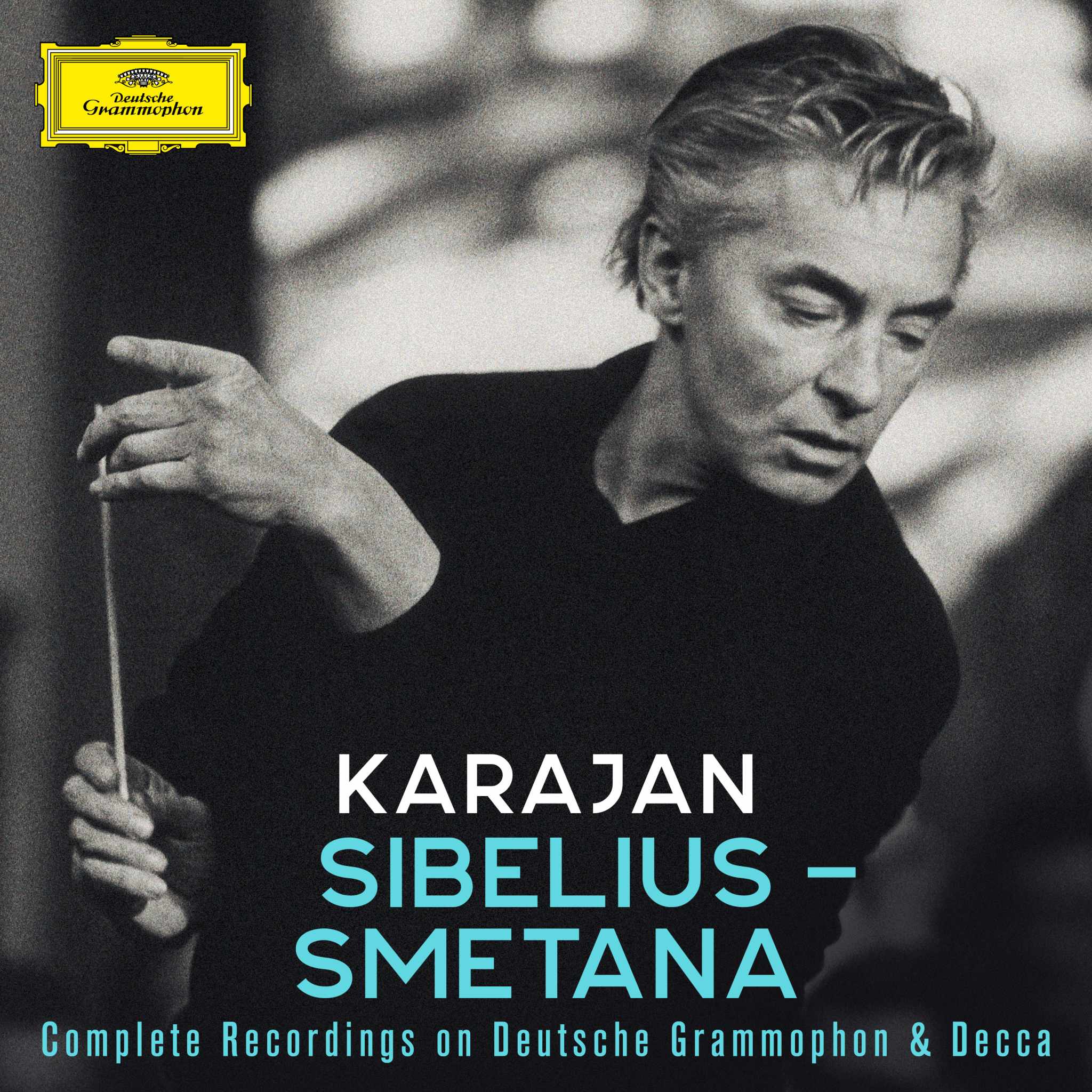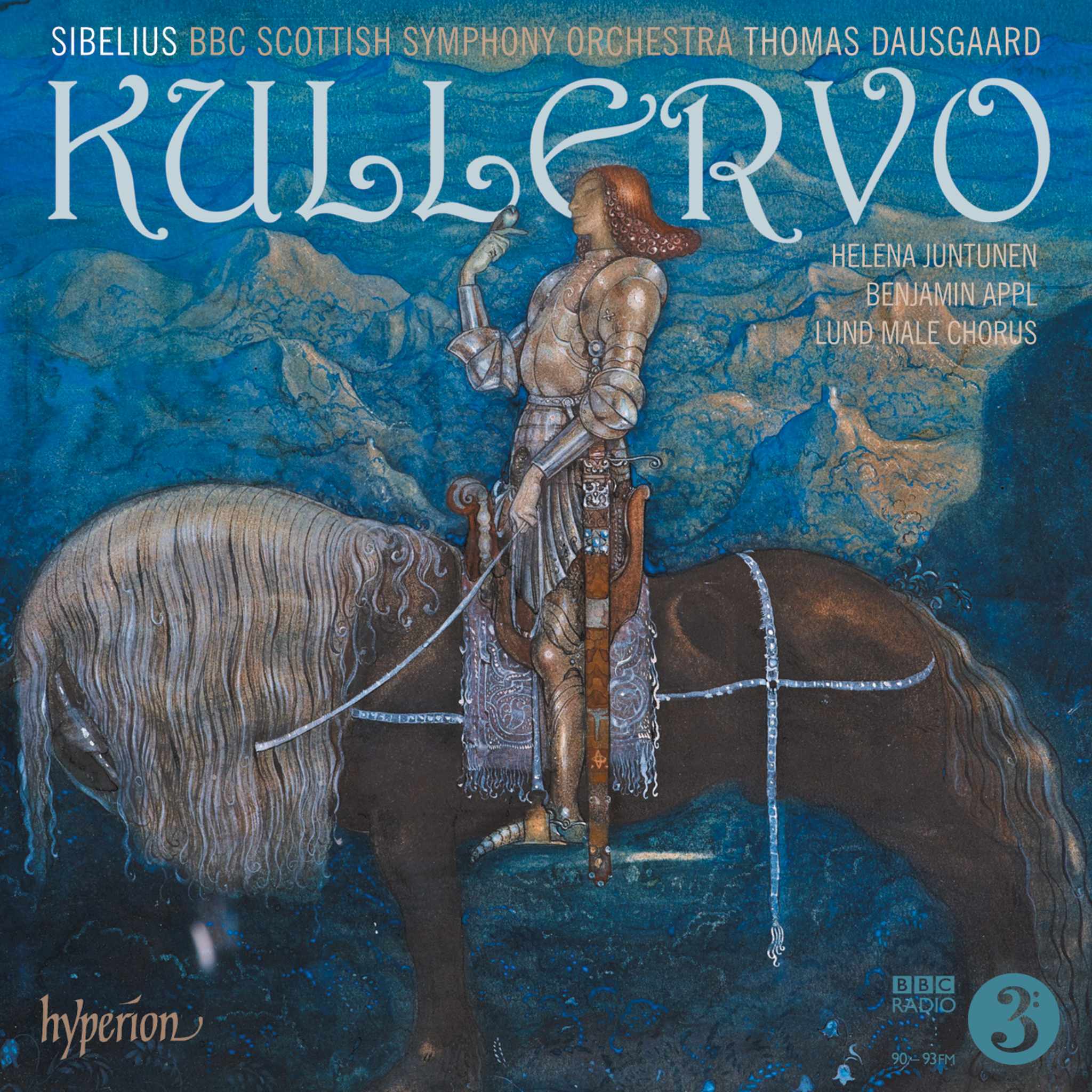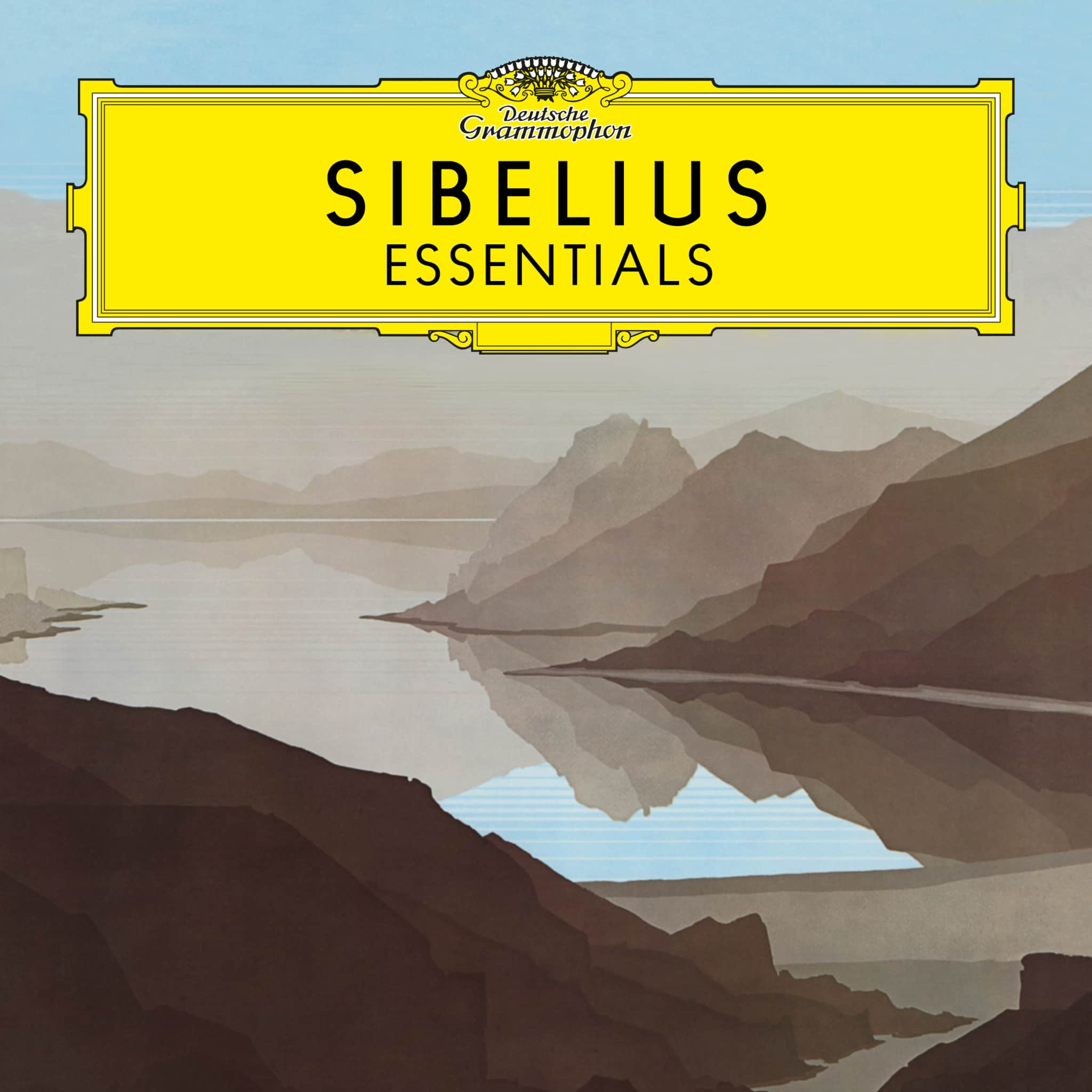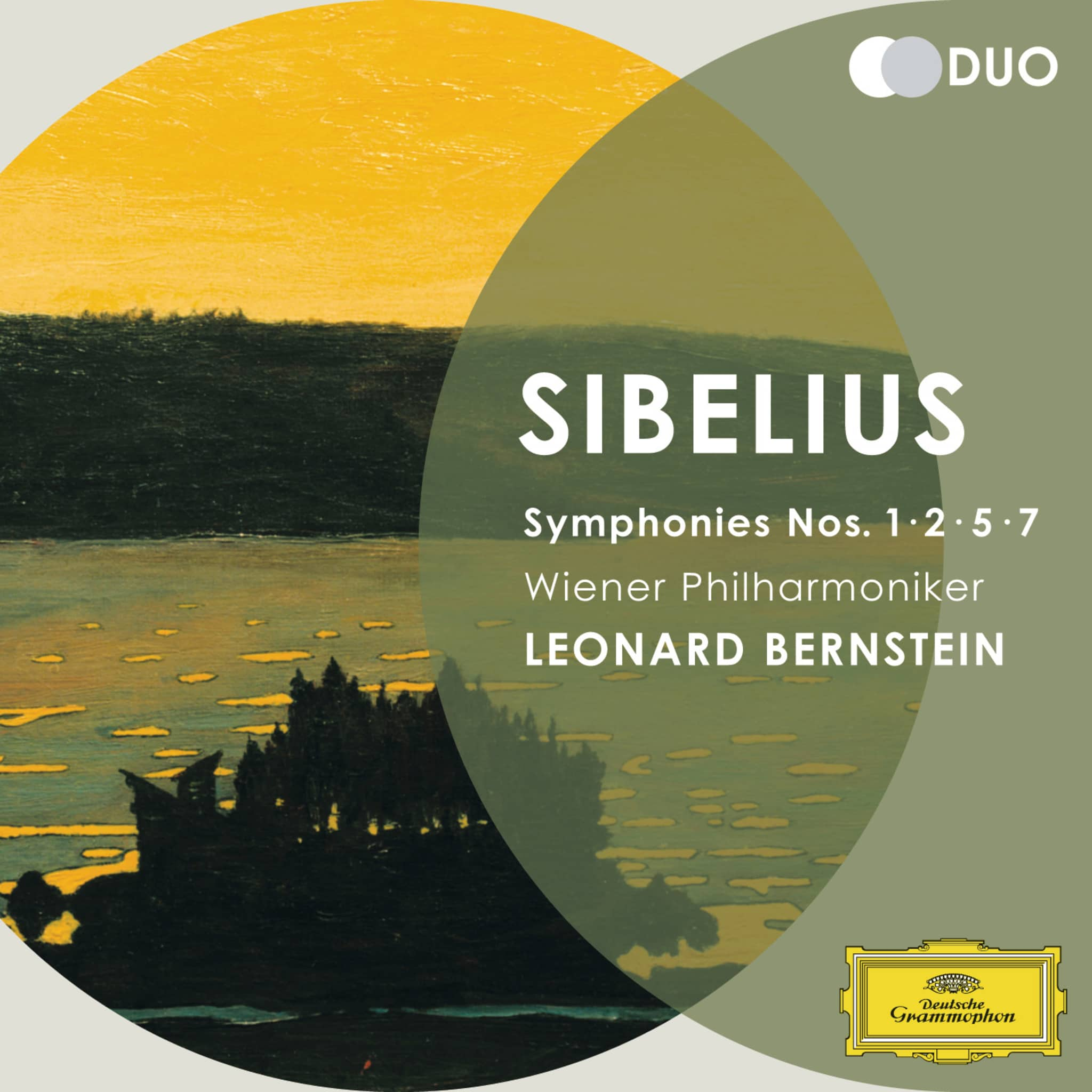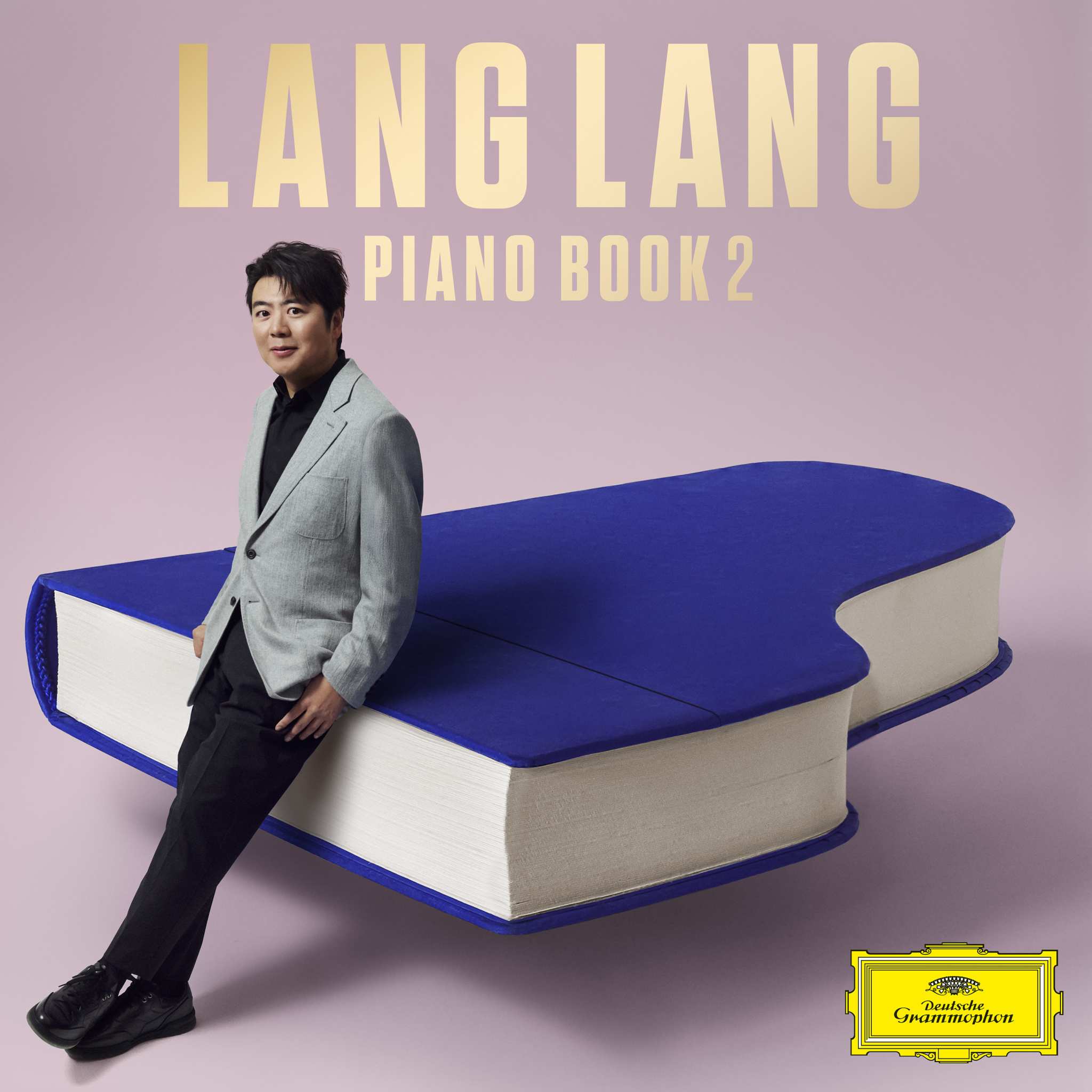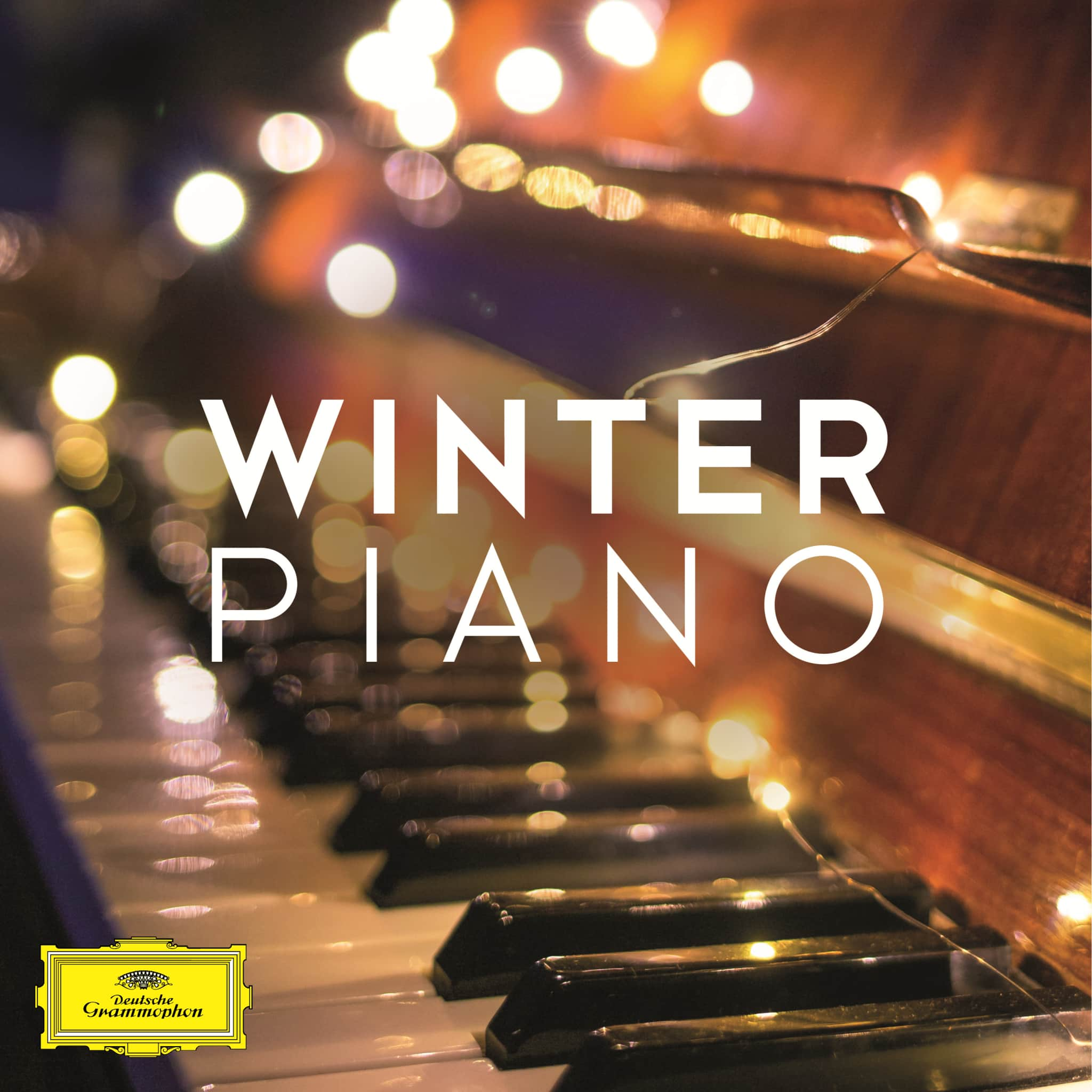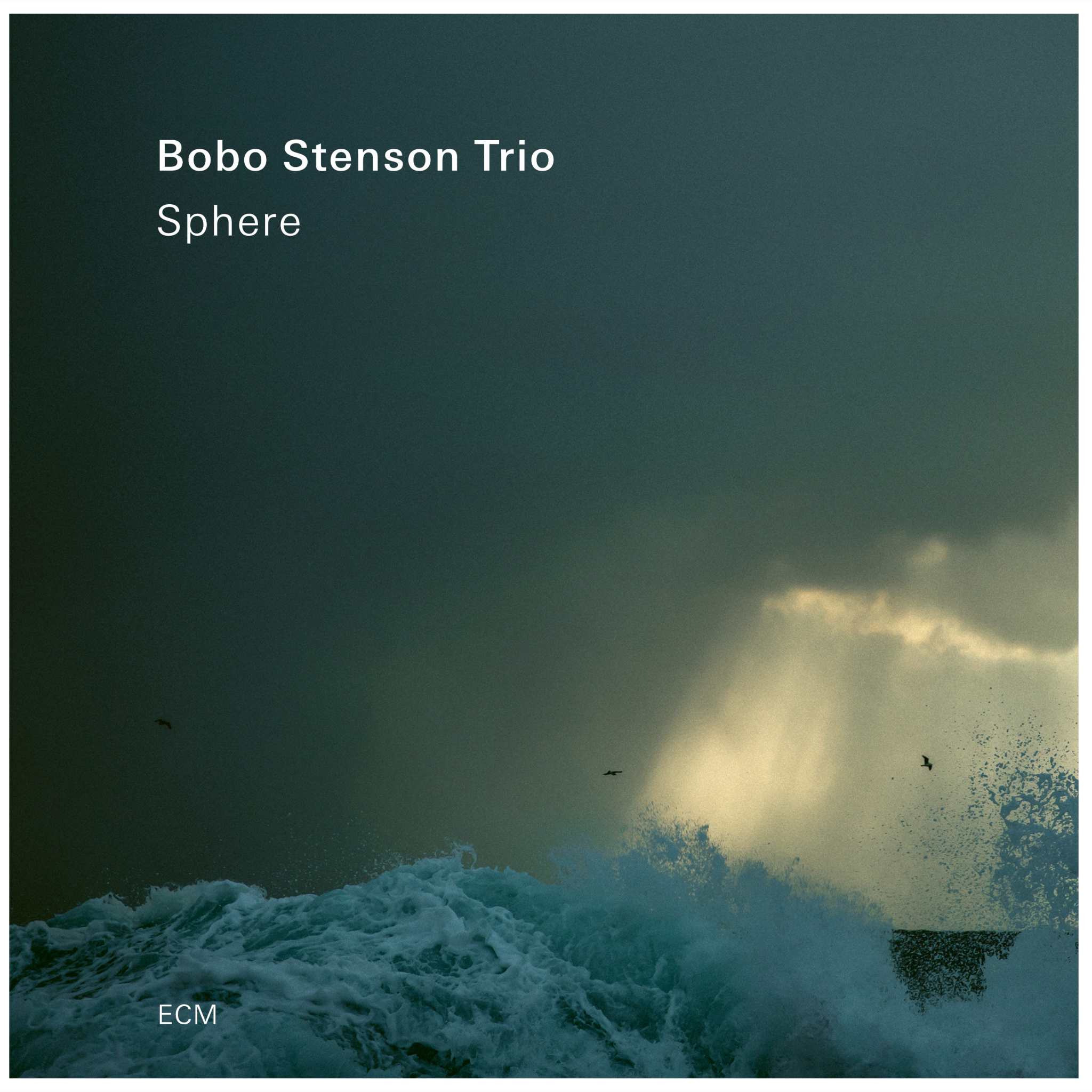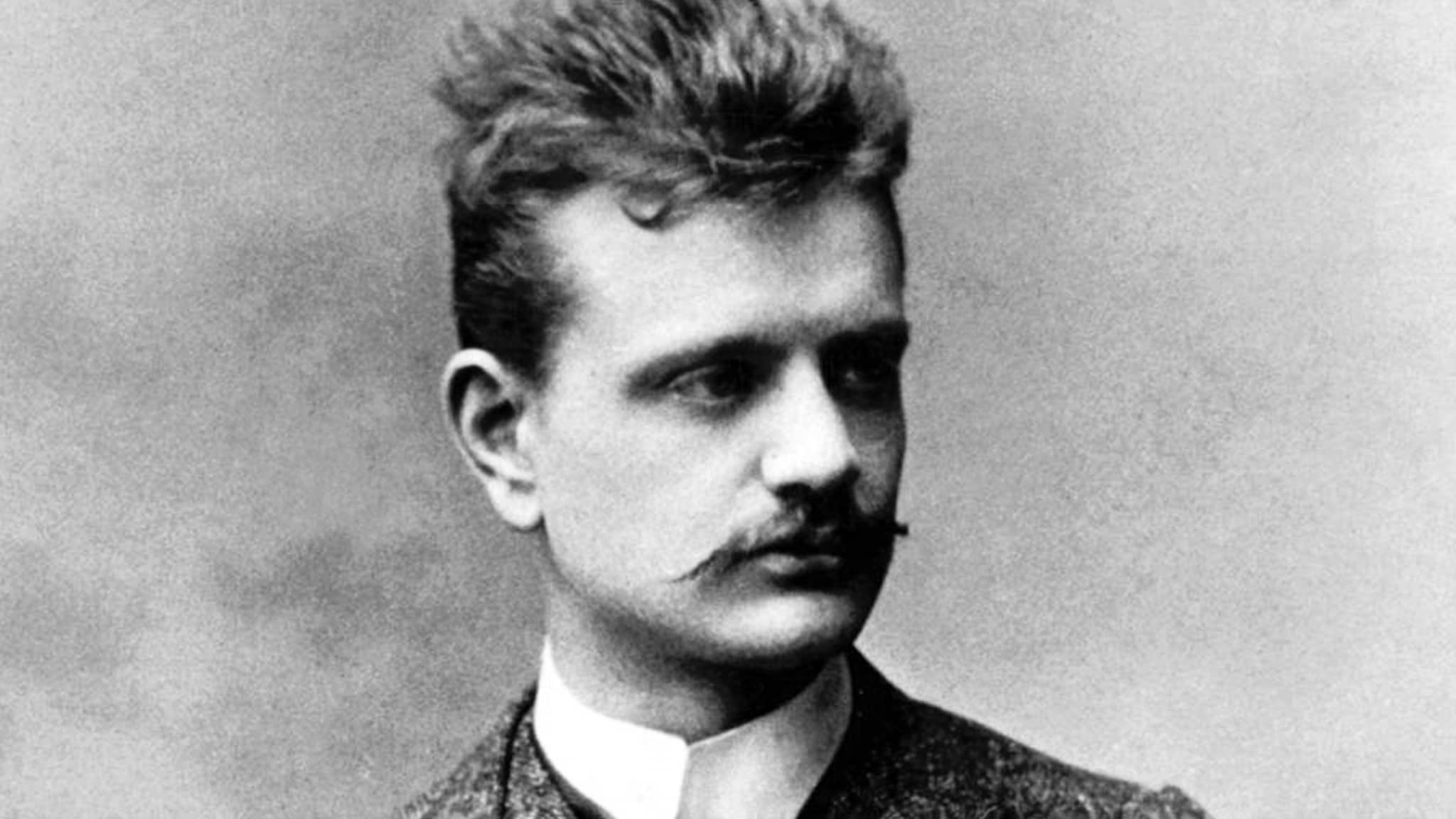Faszinierende Werke von Jean Sibelius
Tauchen Sie ein in die bezaubernde Welt von Jean Sibelius, einem finnischen Komponisten, der für seine tiefe Lyrik, seine Innovationen im orchestralen Klang und seine bemerkenswerten Beiträge zum musikalischen Erbe Finnlands bekannt ist. Geboren in eine schwedischsprachige Mittelstandsfamilie, erlangte Sibelius auf seinem Weg als Komponist breite Bewunderung und Anerkennung, sowohl in seinem Heimatland als auch darüber hinaus.
Sibelius: Die frühen Jahre
Jean Sibelius bleibt einer der renommiertesten und einflussreichsten Komponisten der klassischen Musik, gefeiert für seine enge Verbindung zur finnischen Kultur und seine kraftvollen, eindrucksvollen Orchesterwerke. Sein Schaffen umfasst Sinfonien, sinfonische Dichtungen, Theatermusik, Kammermusik und Lieder – viele davon inspiriert vom finnischen Nationalepos Kalevala – und trägt so zur Festigung der finnischen Identität durch Musik bei.
Sibelius: Ein Nationalheld
Geboren 1865 in eine schwedischsprachige Familie im Süden Finnlands, lernte Sibelius als Kind Finnisch und wurde stark von der finnischen Folklore und der Landschaft geprägt. Ursprünglich zeigte er großes Talent als Violinist, widmete sich dann jedoch ganz der Komposition. Nach dem Erfolg von Kullervo wurde er zum Nationalhelden, dessen Musik die finnische Unabhängigkeit symbolisierte.
Meisterwerke von Sibelius
Sibelius’ Zyklus aus sieben Sinfonien (1899–1924) bildet das Herzstück seines Erbes. Zu den bemerkenswerten jüngeren Aufführungen zählen Jukka-Pekka Saraste mit den Sinfonien Nr. 4, 5, 6 und 7 und dem Helsinki Philharmonic Orchestra. Diese Werke werden für ihre individuelle Struktur und emotionale Tiefe gelobt; insbesondere die siebte Sinfonie besticht durch ihre Ein-Satz-Form und intensive Verdichtung.
Sibelius’ stilistische Entwicklung
Werke wie Tapiola und die Bühnenmusik zu Der Sturm zeigen Sibelius’ innovativen Umgang mit orchestraler Klangfarbe und Form. Valse Triste, ursprünglich aus der Kuolema-Suite, ist ein beliebter Klassiker im Konzertsaal.
Das Vermächtnis von Sibelius
Aktuelle Produktionen mit Künstlern wie Tarmo Peltokoski und Daniel Lozakovich, Bruce Liu und Dalia Stasevska, Herbert von Karajan, Esa-Pekka Salonen, Leonard Bernstein und Wilhelm Furtwängler sorgen dafür, dass Sibelius’ Musik im internationalen Repertoire lebendig bleibt.
Entdecken Sie Sibelius’ Diskographie oder buchen Sie Tickets für kommende Aufführungen/Konzerte, um noch tiefer in die faszinierenden Werke dieses finnischen Komponisten einzutauchen. Jeder Inhalt bietet einzigartige, exklusive Einblicke in Sibelius und seine Kompositionen und vertieft Ihr Verständnis für seine bedeutende Wirkung auf die Welt der klassischen Musik.
